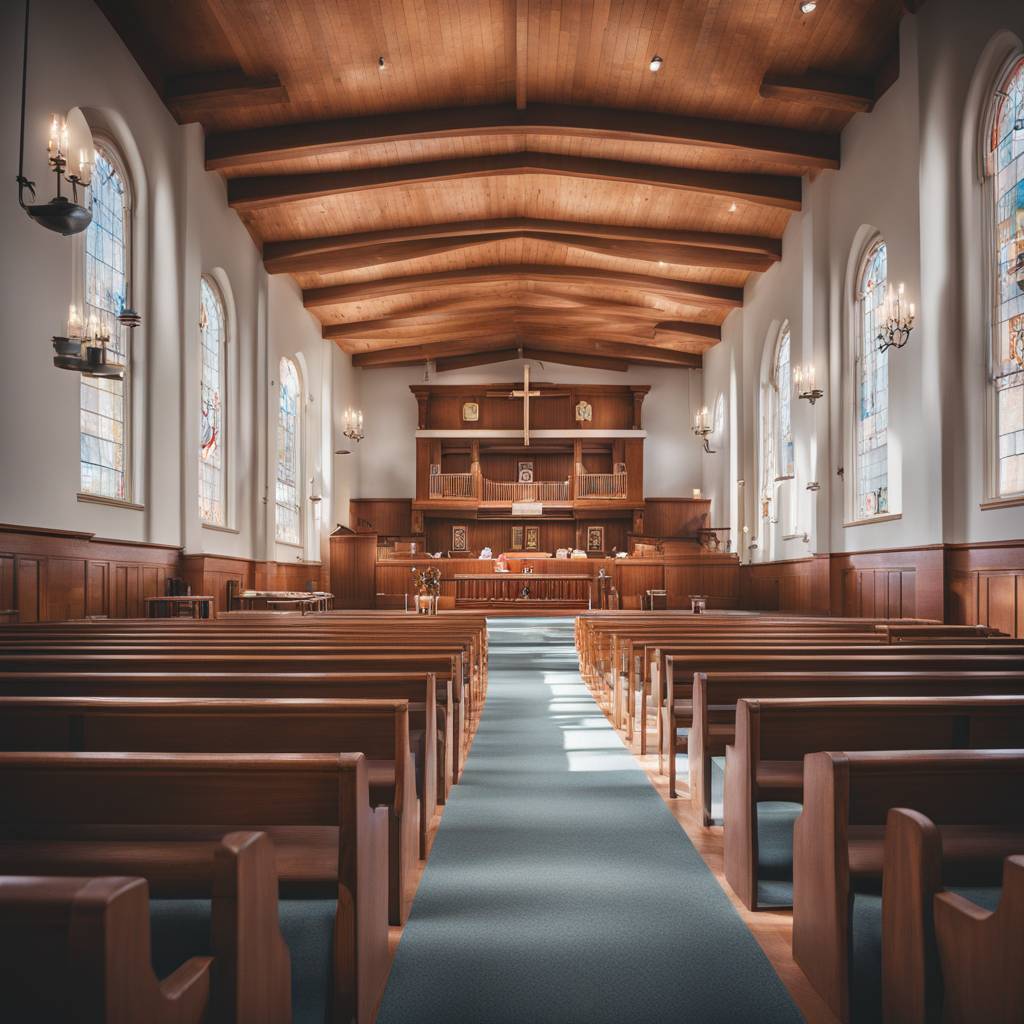Oklahoma’s Republican Attorney General requested the state’s highest court to halt the establishment of the nation’s first publicly funded Catholic charter school. The Oklahoma Statewide Virtual Charter School Board approved the Catholic Archdiocese of Oklahoma City’s application to establish the St. Isidore of Seville Catholic Virtual Charter School in a 3-2 vote. Attorney General Gentner Drummond argued that this decision violated the law, as well as the state and federal constitutions. He accused the board members of betraying their oath of office and warned them of the consequences if they approved the school.
Supporters of the Catholic charter school believe that recent U.S. Supreme Court rulings suggest a more open stance towards public funds being directed towards religious institutions. However, Drummond emphasized the distinction between public funds supporting religious services, like Medicaid funding for patients at Catholic hospitals, and public funds supporting religious education. He warned that approving the Catholic charter school would blur the lines between state and church, potentially allowing public schools to incorporate religious teachings beyond just Catholicism, such as Islamic or Satanic teachings.
Michael McGinley, an attorney representing St. Isidore, argued that rejecting the school’s application solely due to its religious affiliation would be unconstitutional, as many private religious organizations already receive state funding for providing services to students. He emphasized that the school’s admission policy was inclusive of all students, regardless of their religious background. The online school had already received hundreds of applications and was looking forward to receiving state funding by July 1, with classes set to commence in the fall for students from kindergarten through grade 12.
The case drew attention not only for being the potential first publicly funded Catholic charter school in the country but also for the broader implications on the separation of church and state. Both sides presented arguments regarding the constitutionality of public funds going to a religious institution for education purposes. The outcome of this case could set a precedent for similar situations in other states facing similar issues of funding religious schools with public resources.
The Oklahoma Supreme Court justices engaged both attorneys in a thoughtful discussion during the hearing, with one justice questioning the precedents already in place for using taxpayer funds for religious services. The decision on whether to allow the Catholic charter school to proceed would have implications for the future of public funding of religious educational institutions, potentially impacting the boundaries between church and state in the realm of public education.
As the court deliberates on the case, the future of the nation’s first publicly funded Catholic charter school hangs in the balance. The justices have yet to indicate when they will issue a ruling, leaving supporters and opponents of the school eagerly awaiting the outcome. The decision will not only affect the students and families hoping to enroll in the school but also have broader implications for the intersection of government funding and religious education in the state of Oklahoma and potentially beyond.













